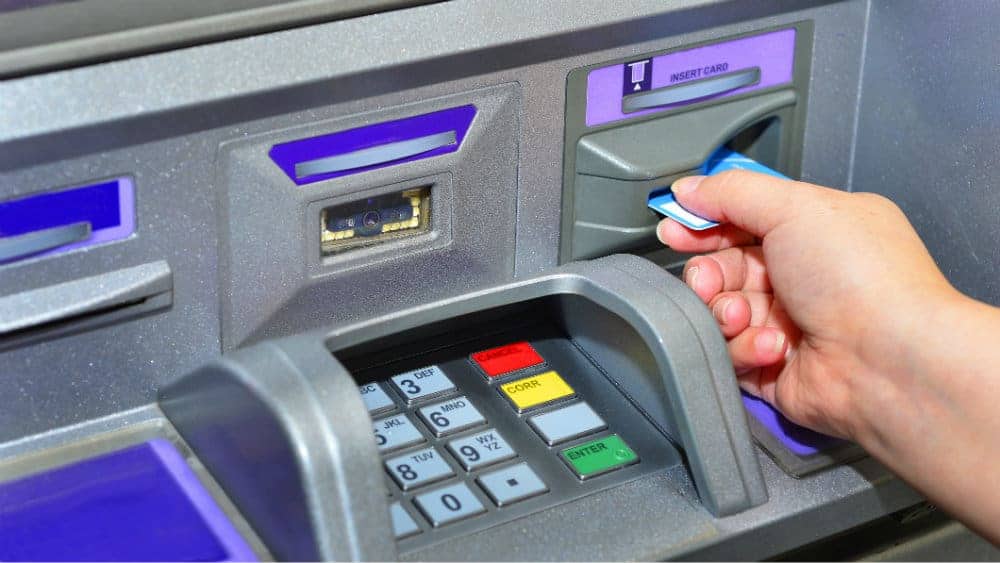Bank of Nova Scotia (TSX:BNS)(NYSE:BNS) reported a huge drop in earnings today. The bank also announced that it would be setting aside a huge amount of cash for potential losses in the months ahead. Despite this grim news, however, Scotiabank stock was up 5.44% at the time of writing. The stock has already surged 17.44% since the market bottom in late March.
So, what’s driving the stock price even as the underlying company contracts? Here’s a closer look.
Not as bad as expected
The key reason Scotiabank stock is rising instead of plunging is that the reported earnings were not as bad as Bay Street analysts had expected. Adjusted for one-off expenses, Scotiabank reported $1.04 in net income per share. Analysts were expecting 90 cents. In other words, the bank beat estimates by 15.6%.
Canada’s largest banks have been at the epicentre of the ongoing economic crisis. With business and individual income halted, borrowers face an impossible situation.
During the shutdown, Scotiabank says it assisted 300,000 clients manage over $60 billion in obligations. Much of the company’s loan book is at risk of delinquencies in the months ahead.
However, the fact that Scotiabank has set aside $1.85 billion for loan losses and the government has stepped in with historic stimulus measures puts a floor on this crisis. Meanwhile, the stock is still pricing in the worst-case scenario.
Scotiabank stock valuation
Scotiabank stock currently trades at eight times trailing earnings. If earnings drop by 50% over the course of 2020, the forward price-to-earnings ratio is 16. Meanwhile, a drop in earnings could compel a dividend cut. Again, if the dividend is cut by 50%, the yield could be as high as 3.25%.
Scotiabank’s stock price is also precisely on par with its book value per share. Book value is usually a great indicator of value for financial institutions and lenders.
Investors seemed to have priced in the worst-case scenario for Scotiabank stock, which means it’s currently trading at fair value. If, however, the results are better and losses are slimmer than expected, Scotiabank stock could surge much higher.
Risks ahead
Results could also be worse than expected. Like any other major Canadian bank, Scotiabank is overexposed to the real estate market. Businesses and homeowners can defer their mortgage payments for now, but if the economy doesn’t recover in a few months banks could face a “delinquency cliff.”
A wave of delinquencies and lower property prices could severely dent Scotiabank’s book value per share.
Unlike other major banks, Scotiabank is overexposed to Latin America. The number of COVID-19 cases in the region are spiking at an alarming rate. Latin America hasn’t experienced a full wave of the outbreak like the rest of the world. The economic shutdown and financial crisis could be much more severe in this comparatively volatile region.
Foolish takeaway
Scotiabank stock surged because its reported earnings were higher than expected. Investors seem to have priced in the worst-case scenario. If the bank sustains better than expected book value, the stock could climb much higher by the end of 2020.



